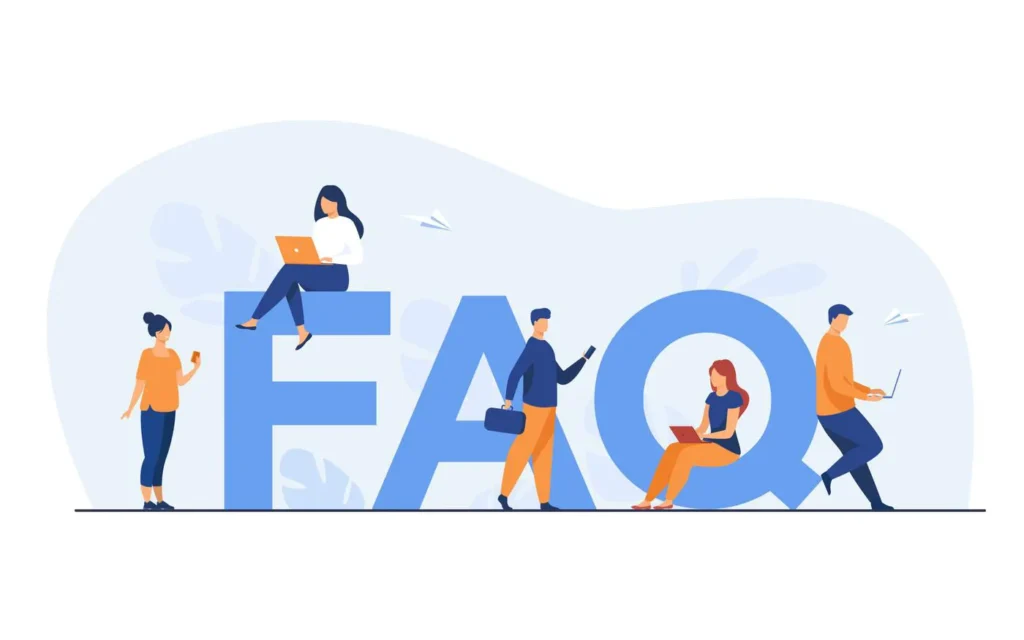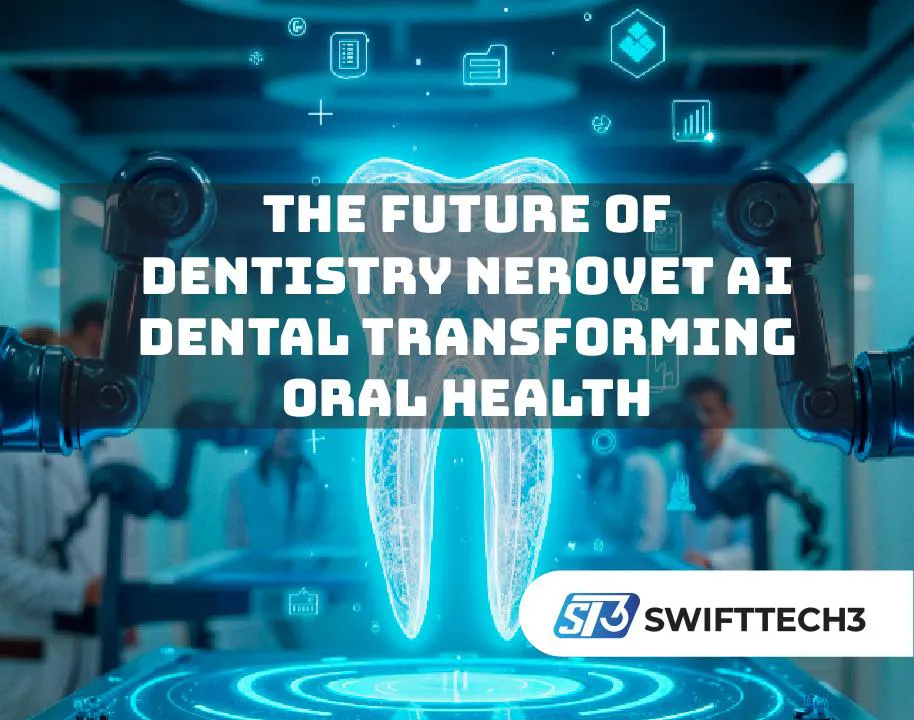Dentistry has been changing fast, and one of the new buzz names that’s coming up is Nerovet AI Dental. While there is still not much public detail about this platform, the concept fits right in line with how ai in dentistry is growing worldwide. The main idea behind it is to use machine learning algorithms, predictive analytics and smart tools that help dentists make better decisions and give personalized treatment plans to patients.
Why this matters? Because traditional dental care often miss early signs of gum diseases or rely too much on manual process, leading to higher costs and bigger problems later. With AI tools like Nerovet AI Dental, the goal is to provide enhanced diagnostic accuracy, speed up appointment scheduling, and let dentists focus more on patient interaction instead of endless paperwork.
Why Nerovet AI Dental Matters Right Now
In many dental clinic across the world, doctors still depend heavily on subjective reading of X-rays or scans. Sometimes two dentists might even give totally different opinion about same image. This lack of consistency can confuse patients and reduce trust.
Nerovet AI Dental try to solve this problem by:
- Giving real time analysis of images
- Offering data driven risk predictions
- Suggesting personalized treatment plans that match lifestyle and age
- Freeing up time for doctors to focus on patient care rather then just admin work
At the same time, patients also want more transparency and more involvement in decisions. If a system can show them clear visual overlays of cavities or gum diseases, the patient experience improve a lot.
How Nerovet AI Dental Might Work
1. Imaging with Enhanced Diagnostic Accuracy
The system would scan radiographs, CBCT, intra oral photos etc and highlight suspicious zones. For example, a tiny caries that human eye may overlook can be flagged. This improves early detection and makes preventive care more effective.
2. Predictive Analytics for Long Term Outcomes
Instead of only reacting after a problem appears, predictive analytics forecast future risk. Example: “this patient has 70% chance of gum diseases progression in next 12 months if no treatment.” That allow dentist to act earlier and improve outcomes.
3. Workflow and Appointment Scheduling
Many clinics lose hours in manual scheduling, reminders, follow-ups. With Nerovet AI Dental, appointment scheduling could be automatic, saving staff effort. It also reduce error where two patient are booked at same time.
4. Personalized Treatment Plans with Machine Learning Algorithms
Because every patient is unique, Nerovet AI Dental would use machine learning algorithms to design personalized treatment plans. It could even adapt over time as new data comes in.
Case Studies and Similar AI Tools
Even if Nerovet AI Dental is not fully documented yet, there are parallels in other AI solutions. For example, Overjet, which has FDA clearance, is already being used to support dentists in U.S. clinics. According to Harvard School of Dental Medicine news, Overjet’s AI provides objective reading of X-rays, helping doctors detect cavities earlier and standardize patient communication.
These case studies show that AI is not just a buzz word. Its practical, its useful, and its improving the way dental clinic handle daily work.
Pros and Cons of Nerovet AI Dental
| Pros | Cons |
|---|---|
| Early detection of gum diseases, cavities, micro cracks | High cost to setup, especially for small clinics |
| Enhanced diagnostic accuracy with AI support | Depend on good internet and stable system |
| Personalized treatment plans and predictive analytics | Some patients dont trust AI, prefer only human doctor |
| Automates appointment scheduling, billing, notes | Risk of overreliance, dentists ignoring own judgement |
| Saves time so dentist can focus more on patient interaction | Legal issues if AI make a mistake |
How AI in Dentistry is Different
Unlike old dental software which was rule-based, modern machine learning algorithms keep learning from new data. This means performance can get better over time. If a system like Nerovet AI Dental runs across thousands of patient cases, its predictions become sharper.
Also, the ability to give feedback in real time is a game changer. Imagine during a procedure, the screen alerting dentist “bone density low in this area” or “risk of nerve damage if drilling continues”. That kind of guidance could protect both patients and doctors.
Practical Tips for Clinics Considering AI
- Check validation – Always ask vendor for peer-reviewed papers or independent case studies.
- Think long term – AI is not just about today, but about how it supports oral health and workflow over next 5-10 years.
- Protect patient data – AI systems must follow HIPAA / GDPR. Clinics need encryption and access control.
- Train your team – Without training, AI tools can confuse rather than help.
- Balance tech with human touch – Patients still value empathy, not only numbers on a screen.

FAQs
No, AI in dentistry support the dentist but cannot replace human judgement, especially for complex oral health cases.
By giving risk scores and predictions, Nerovet AI Dental makes preventive care more effective. It spot gum diseases before symptoms even show up.
Depends how vendor handles it. Good systems use encryption, anonymization, and audit logs. But clinics should always double check.
Depends how vendor handles it. Good systems use encryption, anonymization, and audit logs. But clinics should always double check.
Conclusion
Nerovet AI Dental is not just about machines replacing humans. It’s about creating a future where dental care is smarter, more consistent, and more patient-friendly. By providing personalized treatment plans, enhanced diagnostic accuracy, predictive analytics, and workflow automation like appointment scheduling, this type of system helps both dentists and patients.
Sure, there are challanges like cost, regulation, and trust. And yes, sometimes AI can give false positives or negatives. But with proper training, validation, and a focus on patient care, the benefits outweigh the risks.
In the long term, every dental clinic that adopt ai systems like Nerovet AI Dental will probably see not just better technical results but also stronger relationships with patients. And at the end of the day, thats what oral health is really about – improving lives, not just fixing teeth.


